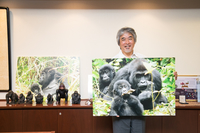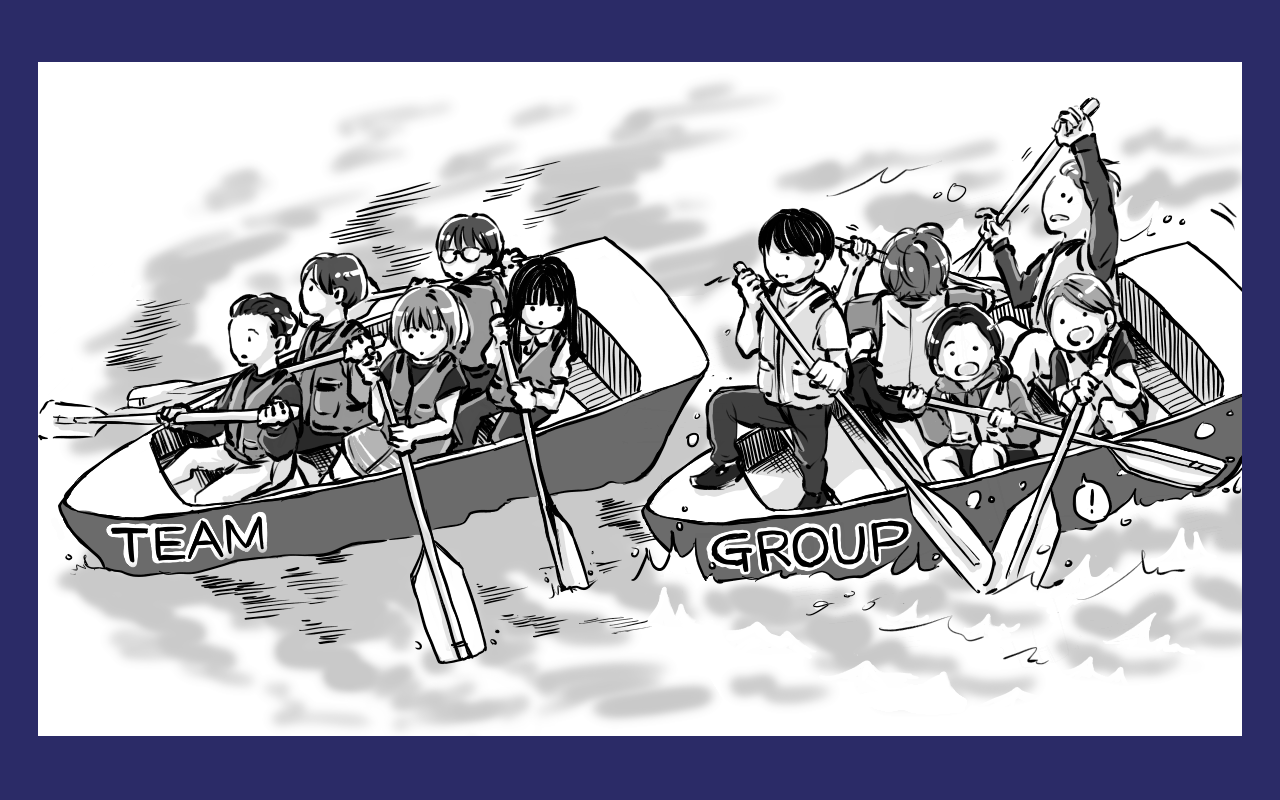Humans Are the Only Animals That Can Show True Teamwork
Interview with Juichi Yamagiwa, primatologist and president of Kyoto University.
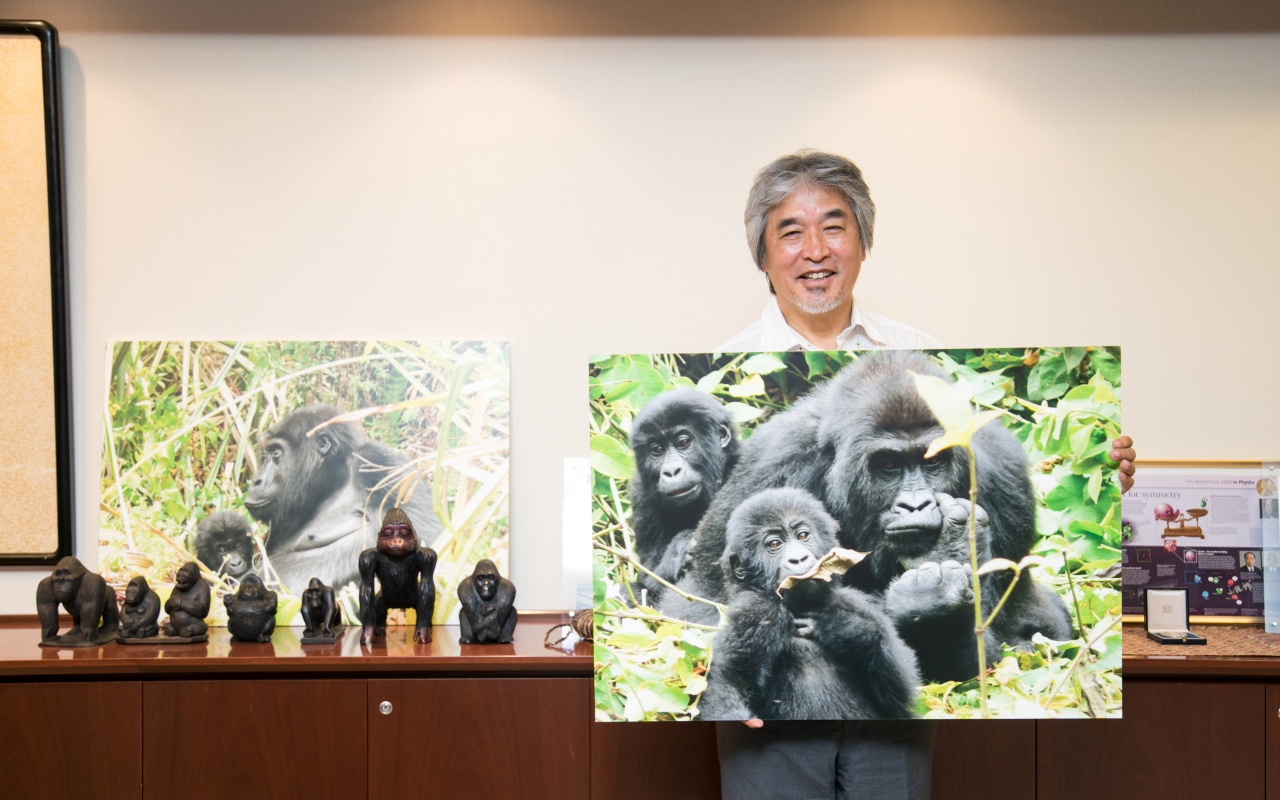
At which stage of the evolutionary process did humans begin to demonstrate teamwork?
A brief overview of the history of evolution shows that the first primates appeared roughly 85 million years ago, whereas our human ancestors diverged from gorillas 9 million years ago, and from chimpanzees 7 million years ago. On an evolutionary scale, humans, gorillas and chimpanzees are very close relatives.
In our quest to better understand teamwork, we wondered if exploring the social relationships of other primates could tell us something about human collaboration. We asked Dr. Juichi Yamagiwa, leading primatology researcher and current president of Kyoto University, what our not-so-distant relatives could teach us about our own social interactions.
Voluntary teamwork is a human phenomenon


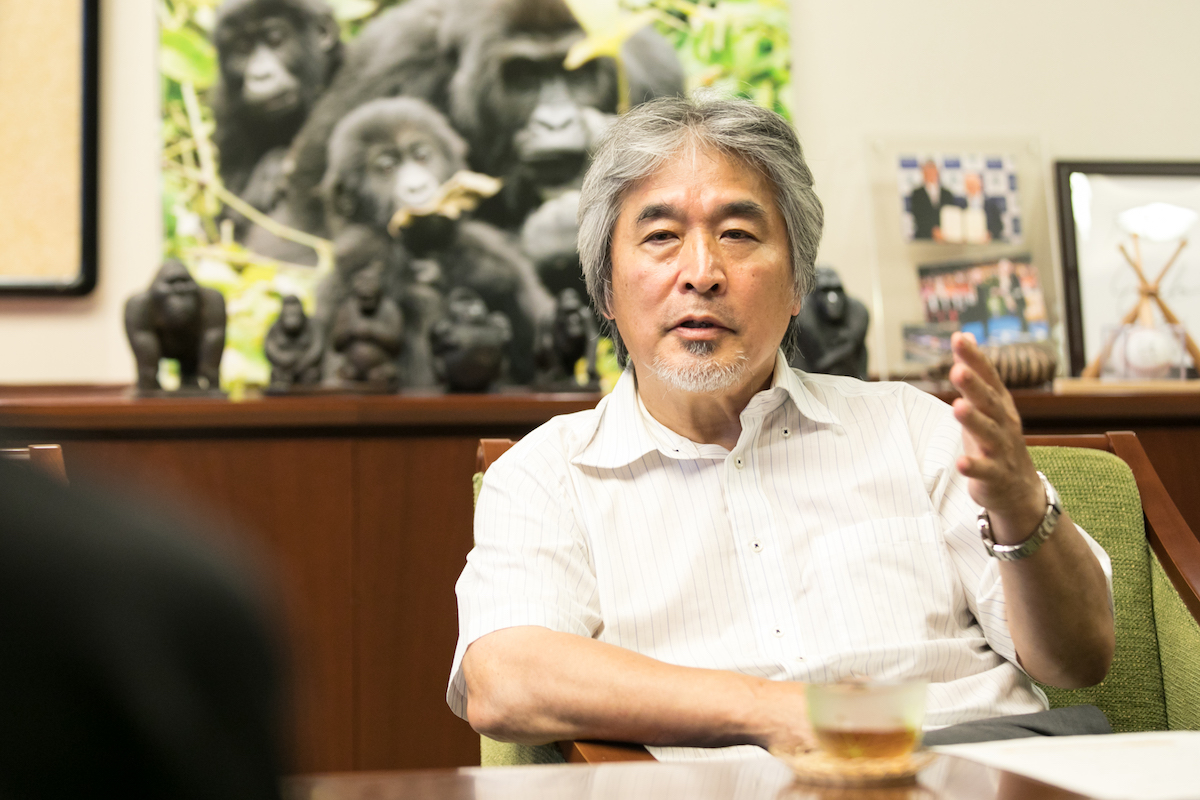
Dr. Juichi Yamagiwa, born in Tokyo in 1952, is a primatologist, anthropologist, and the current president of Kyoto University. He graduated from Kyoto University with a Ph.D. from the Graduate School of Science. He began his career in 1978 as a field researcher on African gorillas at the Karisoke Research Center. He later became a research fellow at the Primate Research Institute of Kyoto University, as well as associate professor at the Graduate School of Science. In 2014, he was appointed president of Kyoto University. Juichi has published many books in Japanese on human evolution and primatology.


I see. According to that definition, teamwork is a purely human phenomenon.
Animals do not make groups by selecting members based on a specific desire or purpose. In that sense, a group of animals is not a team, it's just a "pack."


Animals behaving in packs is useful for sharing food and reproduction.
Animals must eat to stay alive, and it's safer to eat together than alone. Having more eyes makes it easier to find food and spot predators.


Exactly. Animals adapt to their environment. If living in packs is more advantageous for finding food, animals will form packs.
The same goes for reproduction. If the environment dictates that a species should have a lot of offspring, it will naturally choose to live in packs.
Ultimately, these packs are the result of evolution, selected through trial and error over a long period of time. This is fundamentally different from humans, where individuals will voluntary create groups based on a shared objective.

The origins of human teamwork




For example, have you ever seen a bird fly away, and immediately afterward, a nearby bird also flies away?


That phenomenon is known as conformity. It occurs when one individual behaves in reaction to danger, and another individual mimics that behavior. This extremely primitive reaction can be found in many animals.
However, conformity in humans isn't the same—it does not amount to acting the same way as another individual.
For instance, if we look at hunting, humans will target the same prey and begin acting in conformity. However, not everyone necessarily takes the same action. In that sense, human conformity amounts to taking different actions according to a shared objective.


Monkeys are known to change their behavior in one-on-one relationships based on whom they're interacting with. Monkeys distinguish between individual members of their group. Then, following complex social rules, they use their brains to determine the appropriate social behavior vis-à-vis each member.
However, humans are far more complex. We possess the imagination to position ourselves as third parties and ask ourselves which behavior we need to adopt in order to achieve a certain goal.
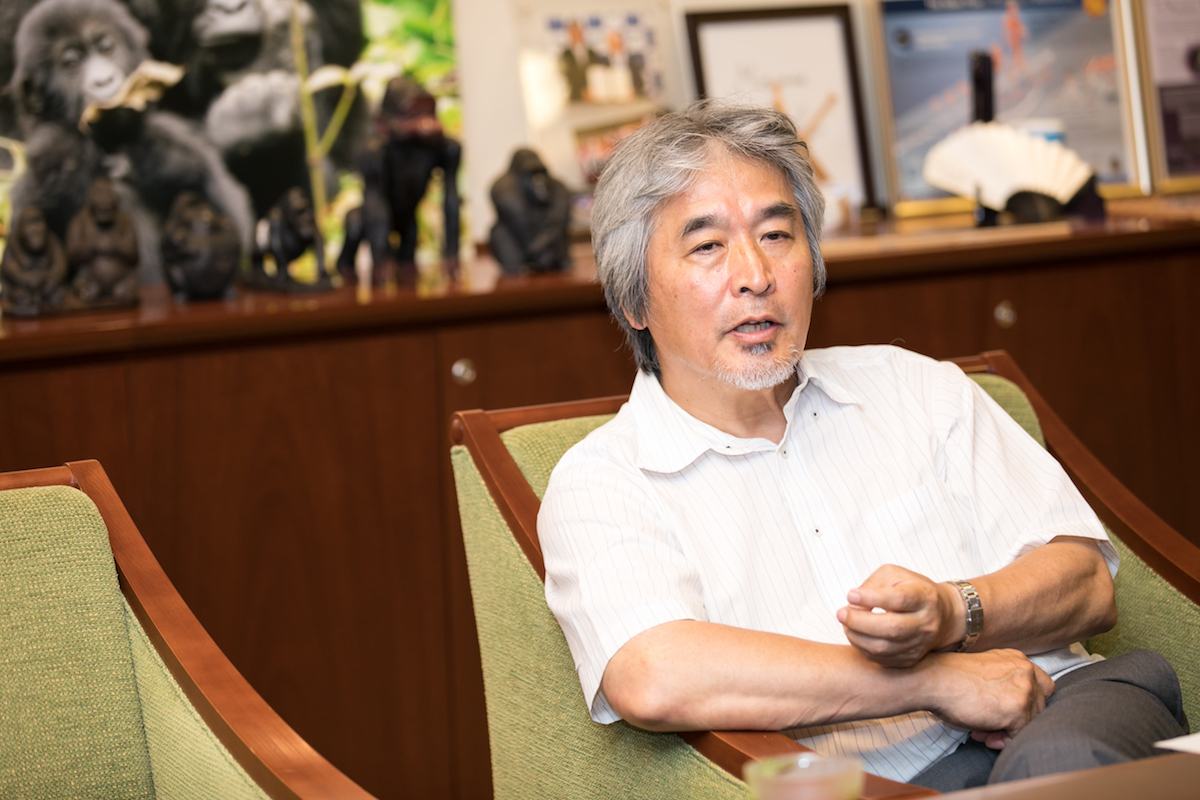




Absolutely. When rainforests began to recede as a result of climate change, humans were forced to move out of the woods. In the forest, there was plenty of food year-round, and when attacked by terrestrial carnivores, it was always possible to escape into the trees.
However, once you leave the rainforest, food becomes scarcer and there are fewer places to hide. As a result, it became necessary to separate those who could walk long distances to find food from those who would stay and wait somewhere safe.


Yes, and in order to divide roles, you need to share experience, tell your peers how to find food. You have to be able to imagine the entire process: set "eating together" as your objective, have someone go find food, bring it back and share it with everyone. In imagining this process, planning was born.
Teamwork begins when you have a common goal and a plan to achieve it. That became possible when humans developed imagination as a result of leaving the rainforest.
Empathy and imagination led to teamwork


It was huge. When you look at our close relatives like orangutans, gorillas and chimpanzees, they practically never left the rainforest. Because humans chose for some reason to leave the rainforest, we had to take stock of our weaknesses and come up with new strengths.
At that time, humans didn't evolve to use their bodies as weapons—for example by developing large fangs or growing bigger and stronger. Instead, they cooperated through increased empathy. I think that has a link to what we nowadays refer to as teamwork.
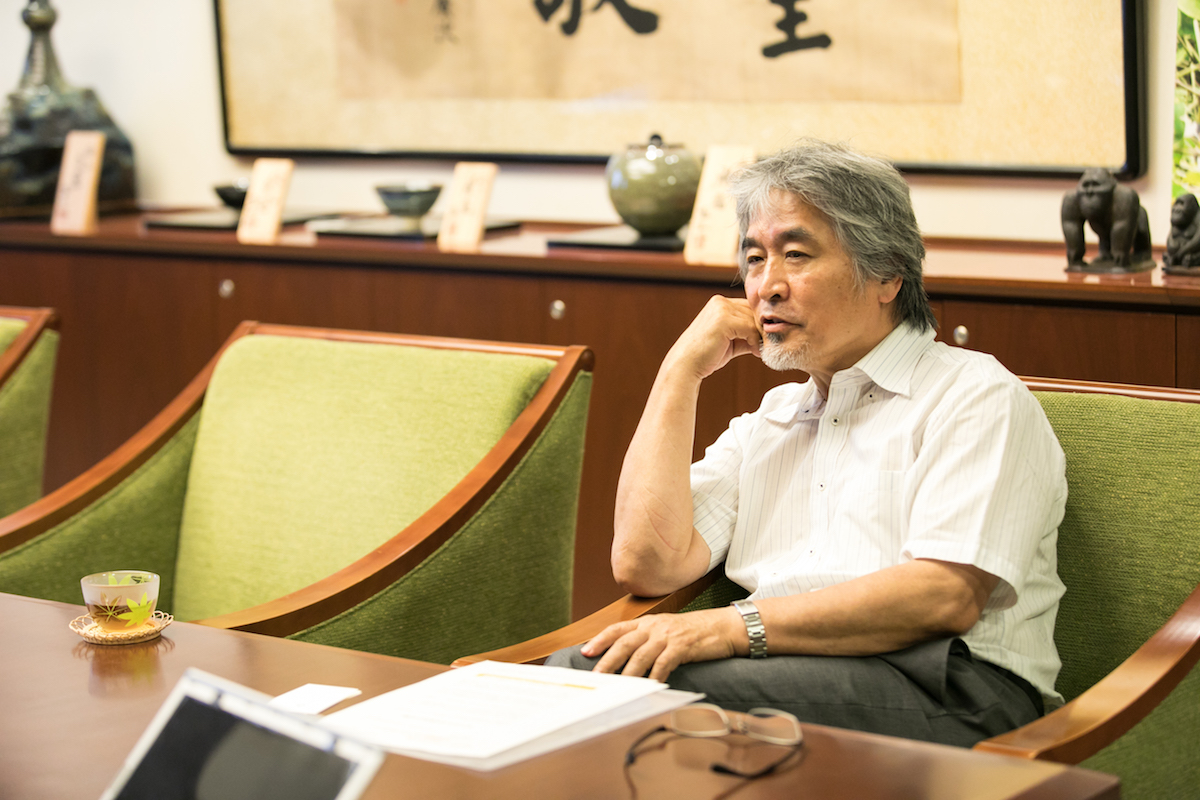


The ability to see and imagine the world from another person's standpoint.
For example, if you can think from other people's standpoint, when you are sent to pick grapes, you can imagine how many people are in your group and how many grapes they expect you to bring back. You could say that imagination was born through empathy, which in turn made teamwork possible.

So the ability to imagine people and things that aren't in front of us led to people helping each other, which led to the development of means of communication, and ultimately to the beginning of language?

To be precise, before there were words, there was music. Playing music was a way to send a message to a far-away companion.
Words are an efficient and portable way of taking what we feel with our five senses, making it abstract and expressing it to those around us. I believe that language brought our ability to empathize to a new level.

Was there a limit to how much empathy we used to be able to show?

It was difficult for humans to overcome our fixation on where we are in the moment. Even for modern humans, actions taken by people we know will provoke much stronger emotional reactions than actions by people we don't know.
I will feel a strong sense of empathy for someone suffering in front of me, but it's much harder for me to understand the joy and suffering of someone far away. That's one of the limits to our empathy.
We use our five senses to build trust

The flipside of humans having a strong imagination and ability to empathize is that we are also able to imagine negative outcomes, for example thinking that those around us have bad intent, which can lead to distrust.
Do gorillas and chimpanzees also experience feelings of distrust?



It depends how long they've known each other. The longer gorillas are around one another, the more they trust each other, whereas they are much less trusting of newcomers and intruders.
Humans on the other hand are able to establish a mental connection from the moment they start using words. Language is a virtual means of activating our imagination to connect with other people.
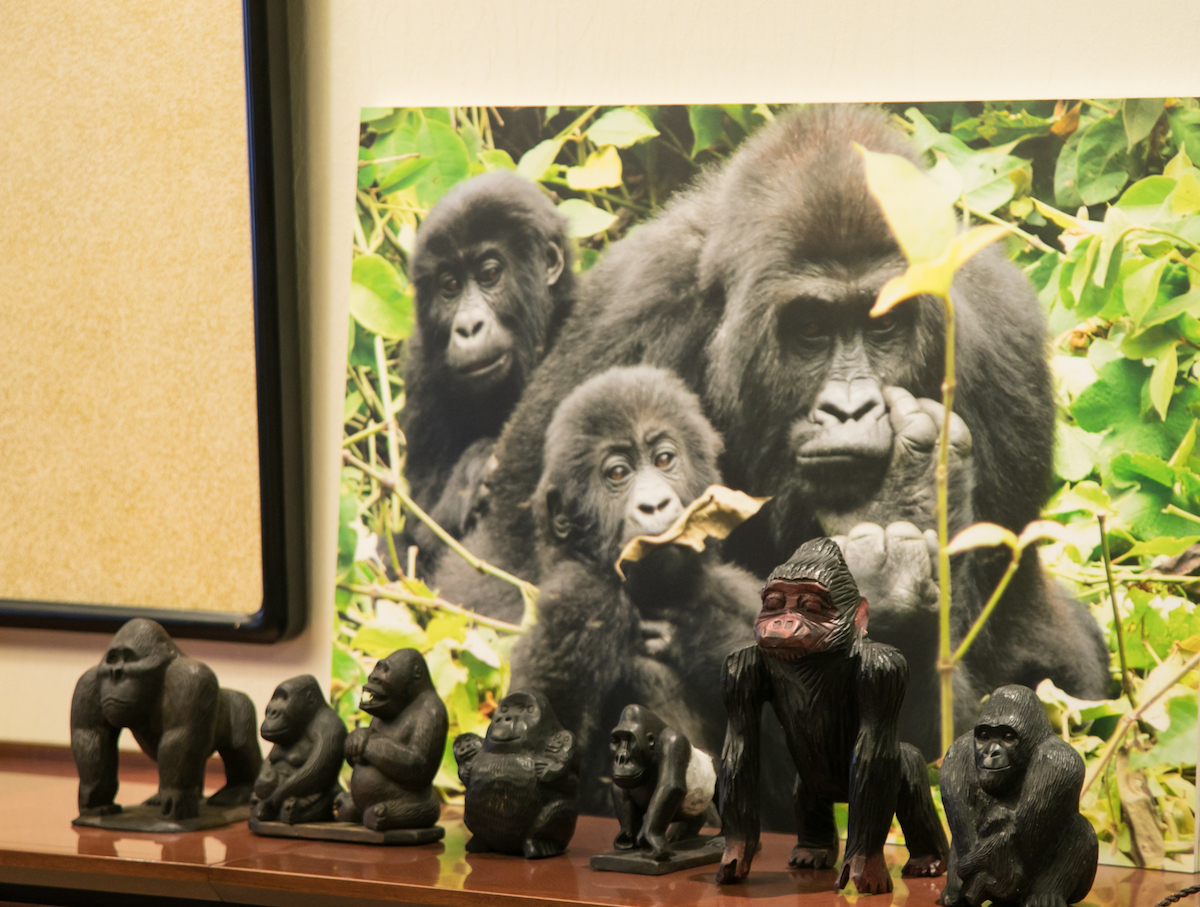
Gorilla figurines that professor Yamagiwa gathered from around the world


It is believed that before humans were able to speak, they shared physical connections with one another via the five senses. Of those five, vision and hearing allow us to take in more of reality than the other senses. Because of that, "seeing" and "listening" are senses that can more easily be shared.
Touch, smell and taste can't be shared 100 percent. Smell and taste are difficult to put into words, and when you touch something you can also feel yourself being touched, which makes that feeling impossible to share.
The interesting thing is, the senses that can't be shared—touch, smell and taste—are the most important senses for building trust.


Original article written in Japanese by Kyoko Sugimoto. Photographs by Akane Kiyohara. Edited by Asami Nakamura and Yuka Akashi. Translated and adapted for Kintopia by Alex Steullet and Mina Samejima.
Writer

Asami Nakamura
Since joining Cybozu in 2006, Asami has worked for the departments of human resources, public relations and corporate branding. She now teaches a wide range of people, from elementary school students to adults, about the value of teamwork.
Editor

Alex Steullet
Alex is the editor in chief of Kintopia and part of the corporate branding department at Cybozu. He holds an LLM in Human Rights Law from the University of Nottingham and previously worked for the Swiss government.
